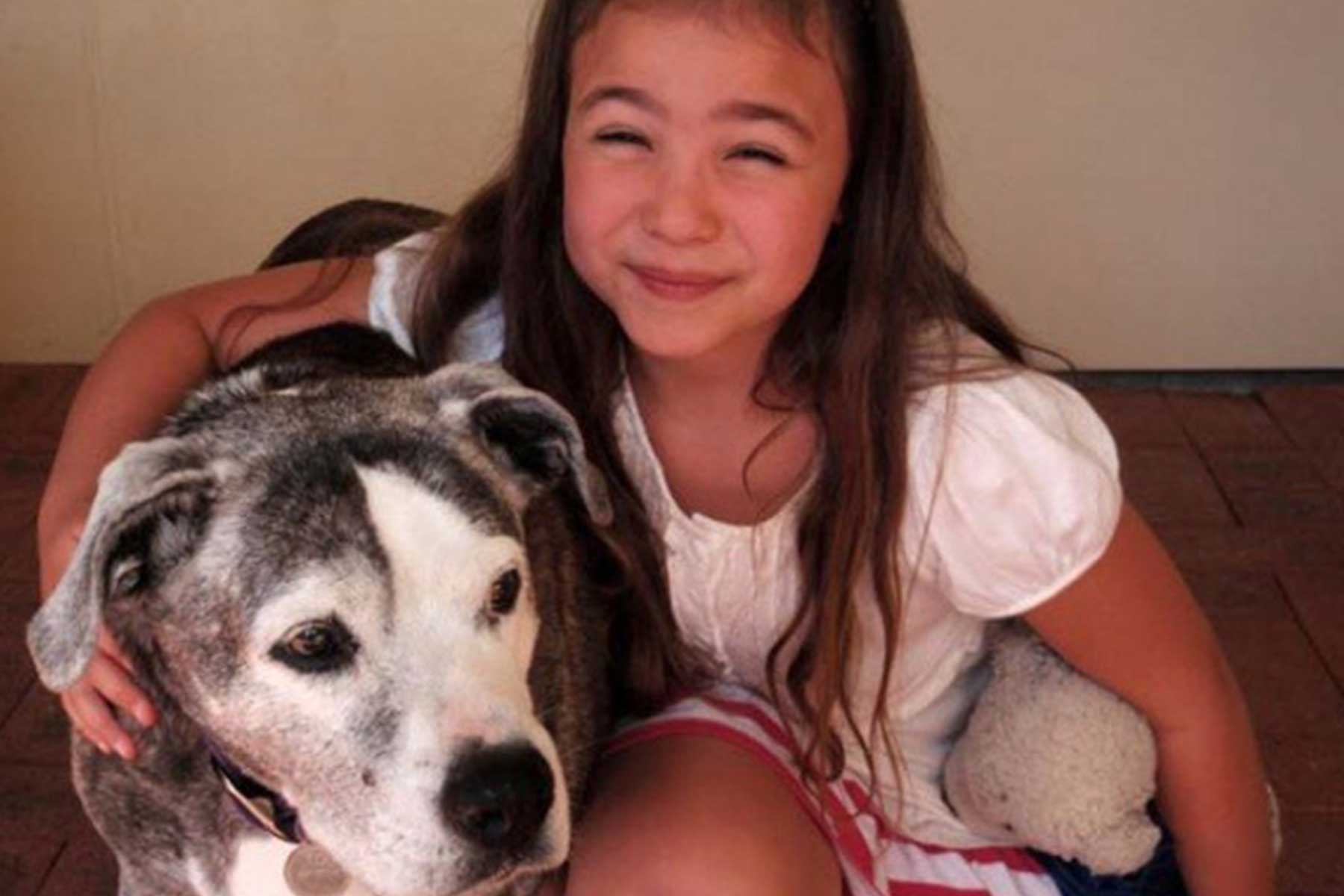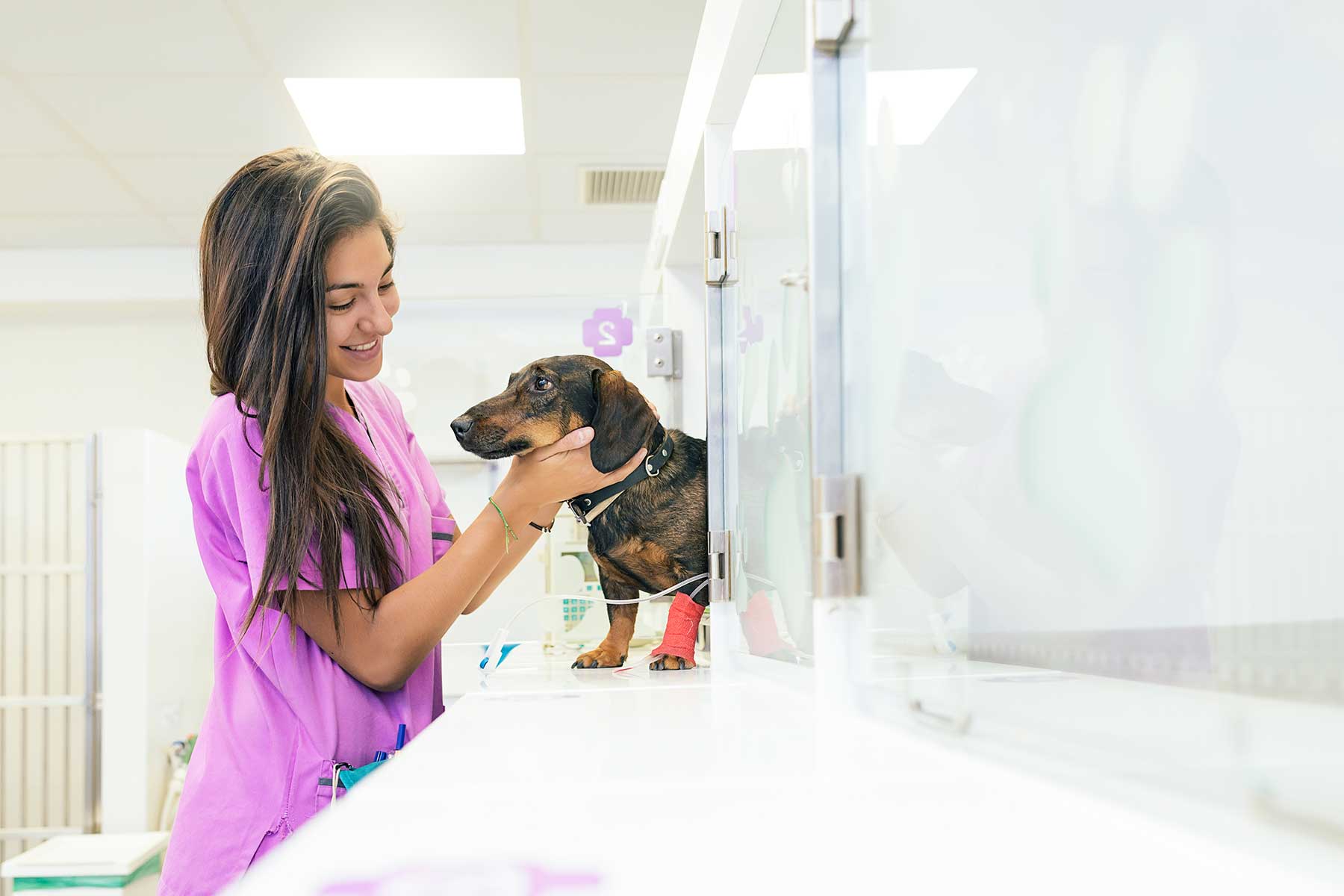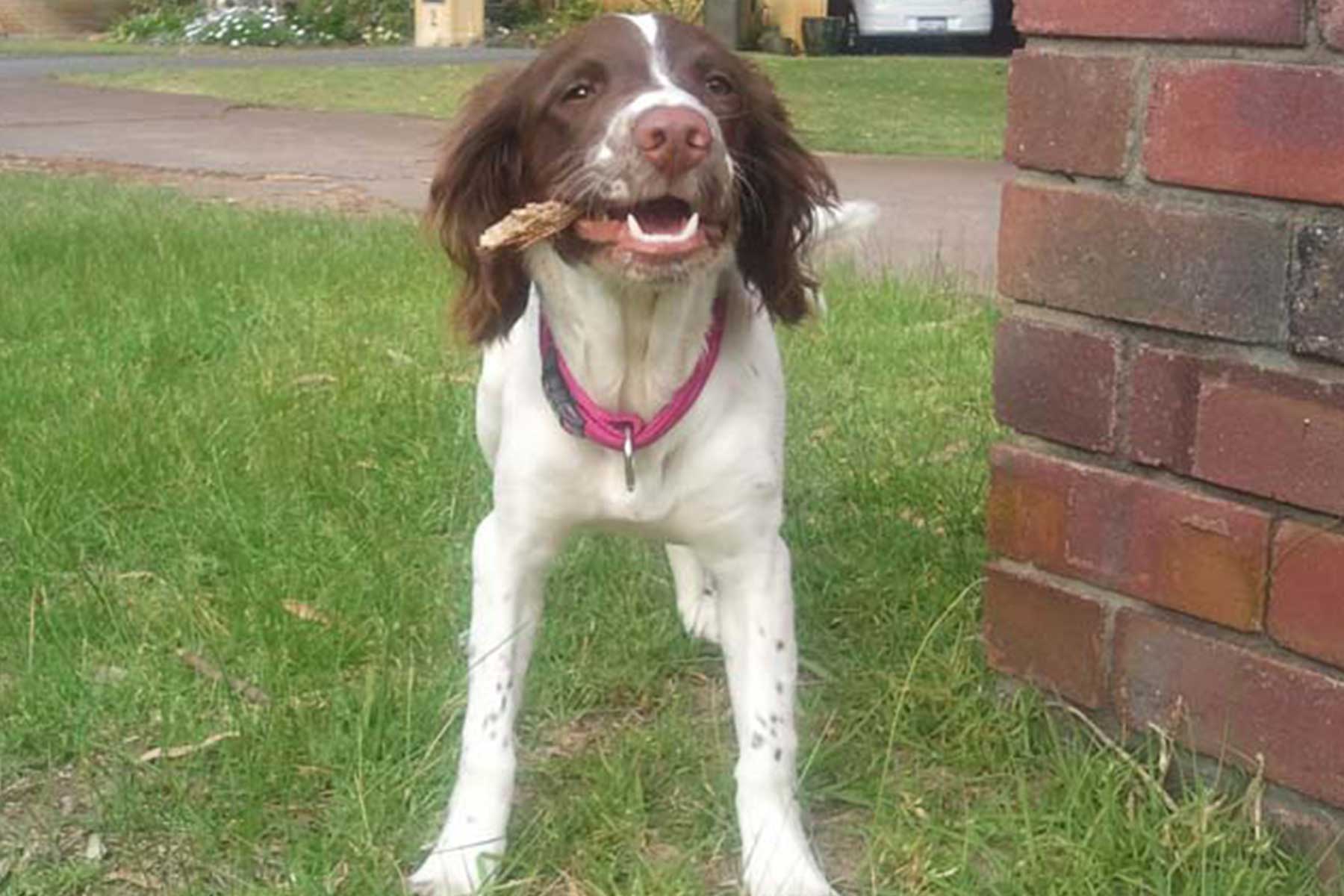Jessie is a mature female Jack Russell cross who was presented to Vetwest Armadale-Byford when her owner became very concerned about the blood she recently saw in Jessie’s urine. Jessie was also found to be urinating more frequently than normal.
There are lots of reasons this might happen in a dog and the most common are simple infections of the bladder, stones in the bladder or even cancer of the bladder. Jessie and her owner came to the clinic prepared with a sample of urine ready for examination and looking at the results blood cells were confirmed in the urine.
Jessie was given a full physical examination by the veterinarian and her problems listed with her urinary tract issues identified as the most important to tackle first. When it came to palpating her bladder the vet could feel what felt like a balloon full of pebbles. This raised the vet’s suspicion that Jessie’s bladder was bleeding due to the constant rubbing of stones on the bladder wall.
Jessie had x-rays done to confirm the stones and to check if there were any in the kidneys or urethra. The x-ray revealed 3 large stones all in the bladder and confirmed the other areas were clear.
It was then arranged for Jessie to have surgery to remove the stones. This is a big procedure with her abdomen needing to be opened to access her bladder. We then open the sore red bladder to remove the stones and then close the bladder with a water tight seal. Thankfully, Jessie’s surgery went very well and after a short stay in the hospital to recover, she went back home to her family.
Bladder stones can form in dogs just like they do in humans. The stones themselves can be described as rock-like collections of minerals that form in the urinary bladder. They may occur as a few large stones or as collections of multiple small stones. Some patients with bladder stones show no signs of any kind and the stones are discovered incidentally but there are some changes that might promote a search for stones. Bloody urine, straining to urinate or an increase in the frequency of urination are the main signs.
Bladder stones or ‘calculi’ can form in some dogs when the right urine pH exists. Urine pH can be affected by the type of diet a dog eats and also by infections. There are different types of urinary calculi and they form under different circumstances. The veterinary prescription diet companies help identify what the stones are made of in a laboratory in the USA. The stones removed from Jessie’s bladder have been sent to this laboratory and when we get the answer back we can help ensure Jessie doesn’t form anymore by monitoring her diet and urine pH.
Jessie is a much happier dog now, only needing 2-3 toilet breaks a day.











